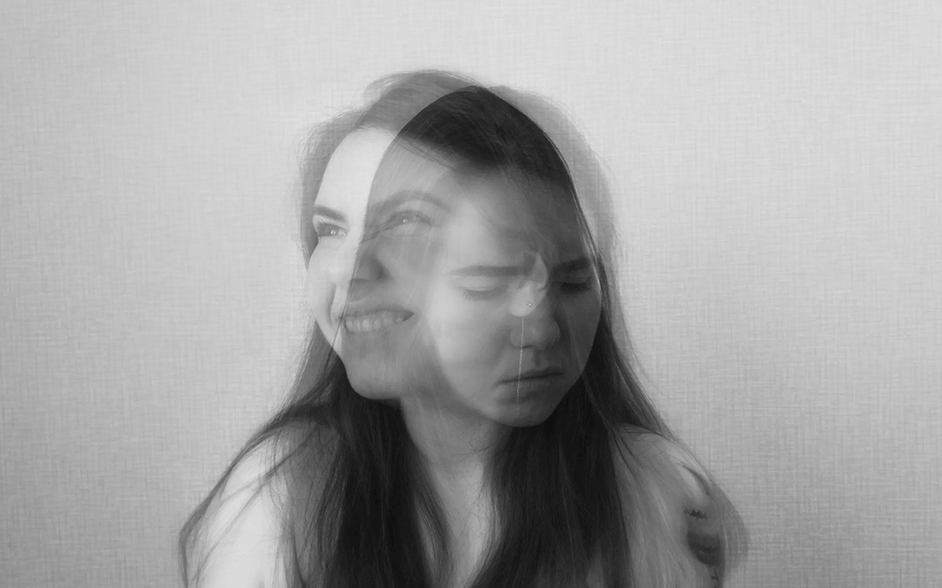- Mumbai, New Delhi, Bangalore
- (+91) 81518 30000
- WhatsApp Now
- contact@vedawellnessworld.com
Bipolar disorder is a challenging mental health condition characterized by extreme mood swings, ranging from manic highs to depressive lows. Managing bipolar disorder requires a multifaceted approach, and for many individuals, rehabilitation plays a vital role in their recovery journey. In this blog, we’ll explore how rehabilitation centers help individuals manage bipolar disorder, what treatments to expect, and why specialized care is essential for long-term stability.
Bipolar disorder is not just about mood swings; it’s a complex mental health condition that affects a person’s energy levels, behavior, and overall functioning. There are different types of bipolar disorder, including Bipolar I, Bipolar II, and Cyclothymic Disorder, each with varying degrees of severity. The unpredictable nature of the condition can lead to significant disruptions in daily life, relationships, and work.
Rehabilitation centers provide a structured environment that is crucial for individuals dealing with bipolar disorder. Unlike outpatient treatment, which offers regular therapy sessions, rehabilitation centers provide 24/7 care, ensuring that patients receive continuous support during their most vulnerable moments. This level of care is particularly important for those experiencing severe manic or depressive episodes, where safety and stability are the primary concerns.
Upon entering a rehabilitation center, the first step is a comprehensive assessment. This involves evaluating the individual’s mental health history, current symptoms, and any co-occurring disorders. Bipolar disorder often occurs alongside other conditions such as anxiety, substance abuse, or personality disorders. Understanding the full scope of the individual’s needs allows the treatment team to create a personalized plan.
Medication is a cornerstone of bipolar disorder treatment. Antipsychotics, antidepressants, and mood stabilisers are frequently prescribed to help regulate mood fluctuations and prevent relapse. In a rehabilitation center, medication management is closely monitored by psychiatrists and medical staff. This ensures that any side effects are promptly addressed and that the patient is taking the correct dosage. Adjustments to medication are made as needed based on the patient’s response to treatment.
Therapy plays a pivotal role in managing bipolar disorder. Bipolar disorder treatment centers typically offer a range of therapeutic modalities, including:
Cognitive Behavioral Therapy (CBT): CBT helps individuals identify and challenge negative thought patterns that contribute to mood swings. By learning to reframe their thoughts, patients can gain better control over their emotions and reactions.
Dialectical Behavior Therapy (DBT): DBT is particularly effective for individuals who struggle with emotional regulation. It teaches skills like mindfulness, distress tolerance, and interpersonal effectiveness, which are essential for managing the intense emotions associated with bipolar disorder.
Group Therapy: In a rehabilitation center, patients often participate in group therapy sessions. These sessions offer a supportive environment in which individuals can exchange their experiences, learn from others, and establish a sense of community. Group therapy also helps reduce the isolation that many people with bipolar disorder feel.
Family Therapy: Bipolar disorder doesn’t just affect the individual; it impacts their loved ones as well. Family therapy involves working with the patient’s family to improve communication, set healthy boundaries, and educate them about the condition. This helps create a supportive home environment, which is crucial for long-term stability.

One of the key benefits of rehabilitation is the routine and structure it provides. Bipolar disorder can make it difficult to maintain a consistent schedule, leading to chaotic and unpredictable days. In a rehabilitation center, patients follow a structured daily routine that includes therapy sessions, medication times, meals, and recreational activities. This structure helps stabilize mood and reduces the risk of triggering manic or depressive episodes.
Many rehabilitation centers incorporate holistic approaches into their treatment plans. These may include mindfulness meditation, yoga, art therapy, and exercise programs. Holistic therapies address the mind, body, and spirit, promoting overall well-being. For individuals with bipolar disorder, these practices can be particularly beneficial in managing stress, improving mood, and enhancing self-awareness.
Managing bipolar disorder requires ongoing education and skill-building. Rehabilitation centers often provide workshops and classes that teach patients about their condition, how to recognize early warning signs of mood swings, and how to develop coping strategies. These skills are essential for maintaining stability after leaving the rehabilitation center.
Relapse is a common concern for individuals with bipolar disorder, especially after leaving a structured environment like a rehabilitation center. That’s why bipolar disorder treatment centers focus on relapse prevention as a core component of treatment. This involves creating a detailed aftercare plan that includes ongoing therapy, medication management, and support groups. Patients are also encouraged to identify potential triggers and develop a plan for managing them.
Not all rehabilitation centers are equipped to handle the complexities of bipolar disorder. Best bipolar disorder treatment centers employ professionals who specialize in mood disorders and understand the unique challenges that come with treating bipolar disorder. These centers offer a combination of psychiatric care, psychotherapy, and holistic therapies that address the full spectrum of the disorder.
Specialized care is particularly important for those who have experienced multiple episodes or have not responded well to traditional outpatient treatment. In a bipolar disorder treatment center, patients receive the intensive care they need to stabilize their mood and develop the skills necessary to manage their condition long-term.
Bipolar disorder necessitates continuous treatment throughout one’s lifetime. Rehabilitation centers provide a safe and structured environment where individuals can receive comprehensive care tailored to their unique needs. From medication management to therapy and holistic approaches, these centers play a vital role in helping individuals with bipolar disorder achieve stability and improve their quality of life.
If you or a loved one is struggling with bipolar disorder, seeking help from a specialized rehabilitation center can make all the difference. At Veda Wellness, we offer personalized treatment plans designed to support your journey to recovery. Visit Veda Wellness World to learn more about our programs and take the first step towards a healthier, more balanced life.